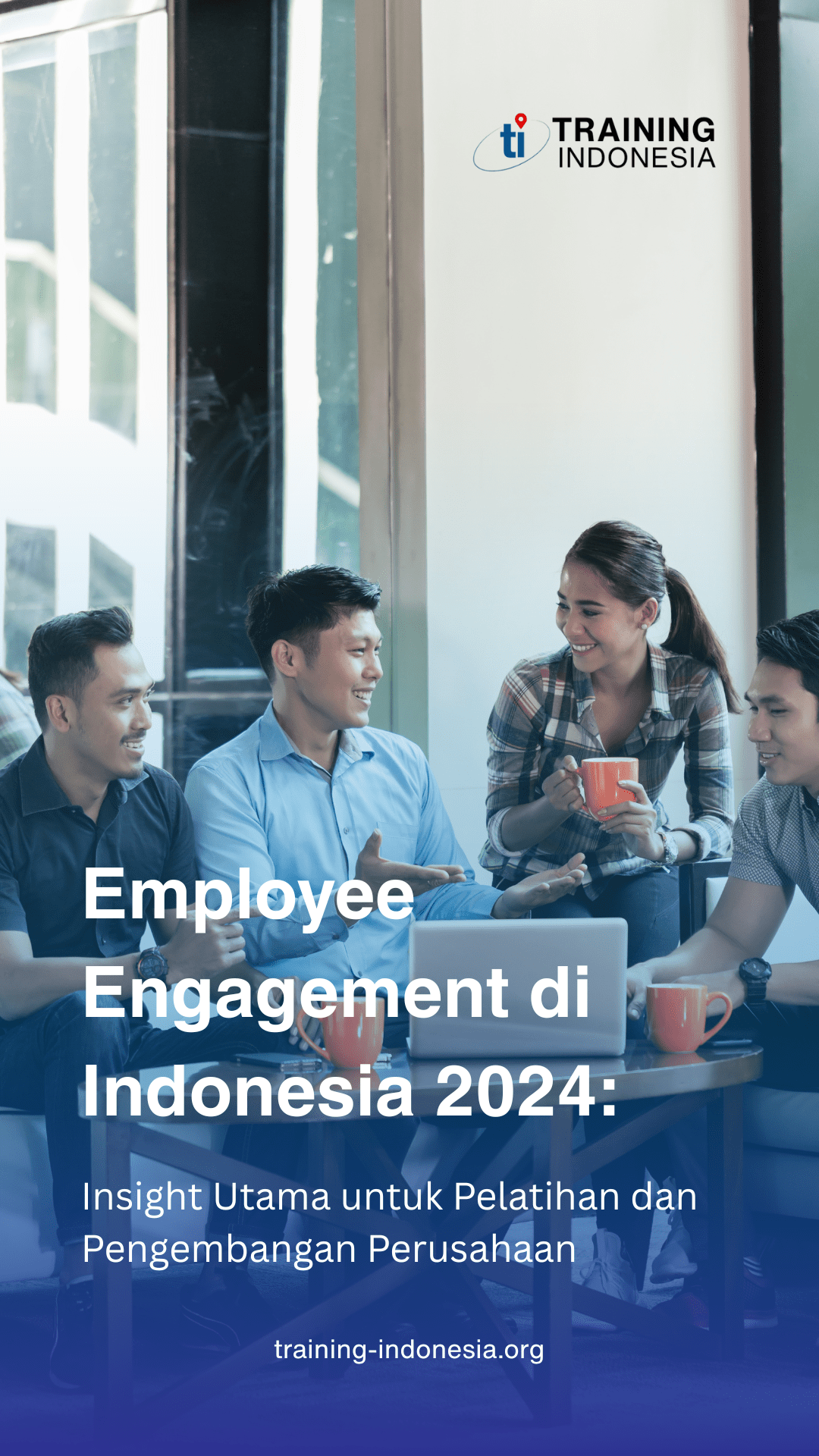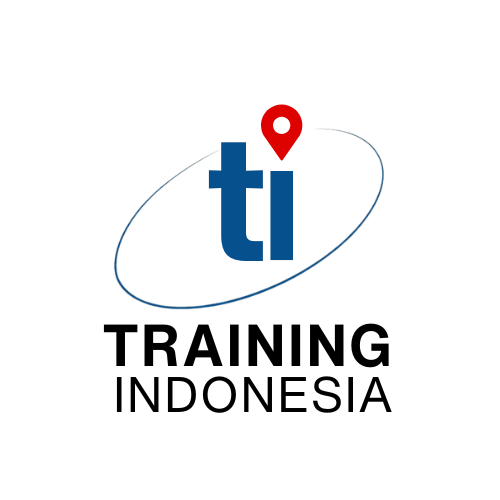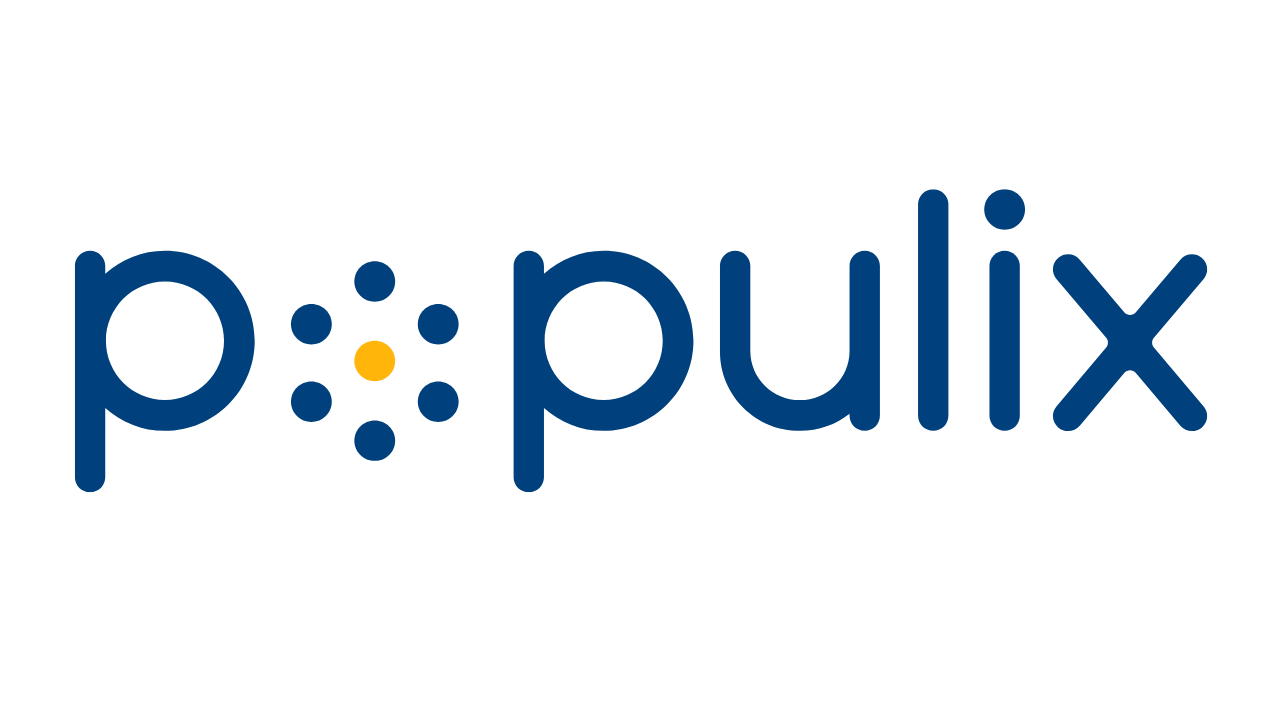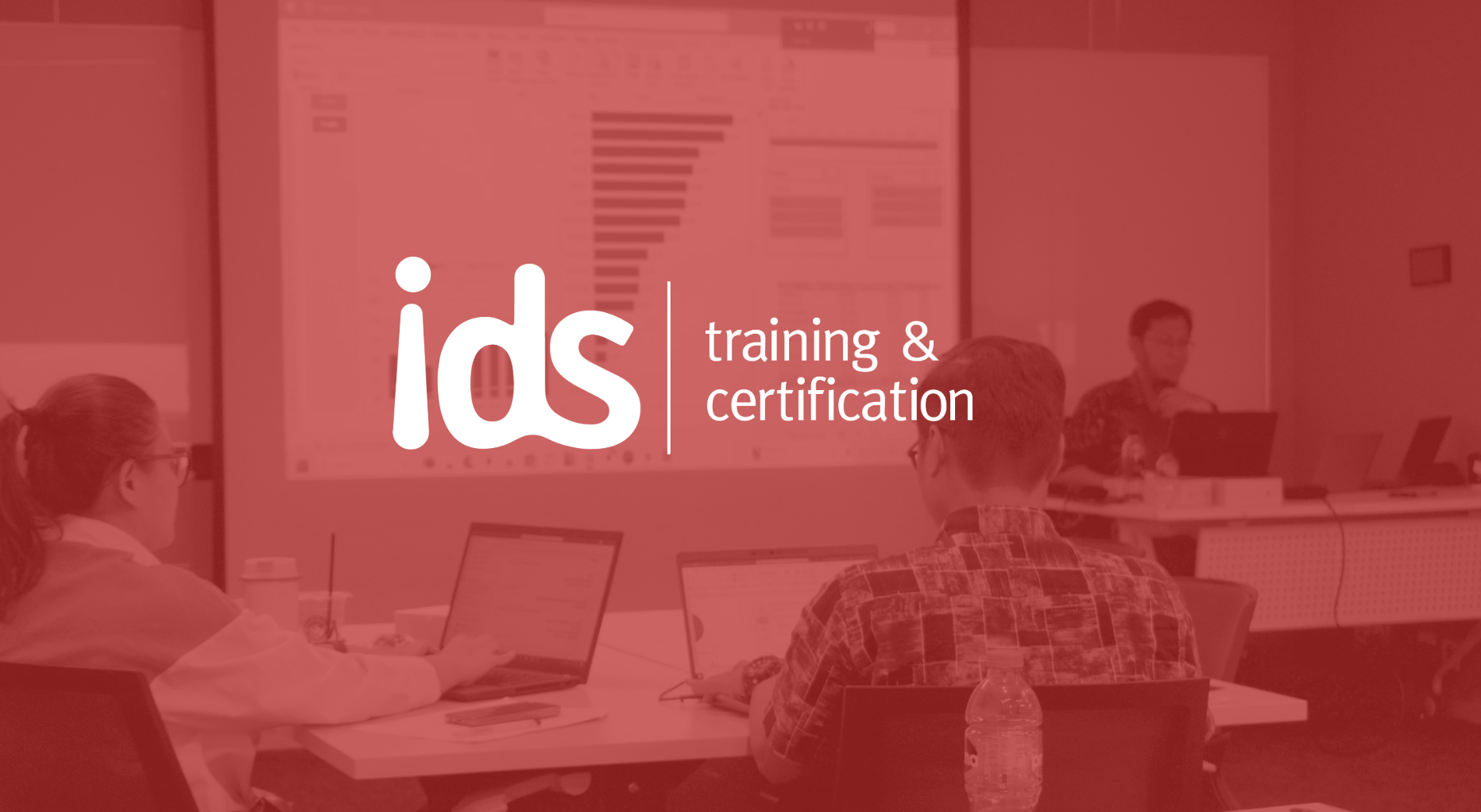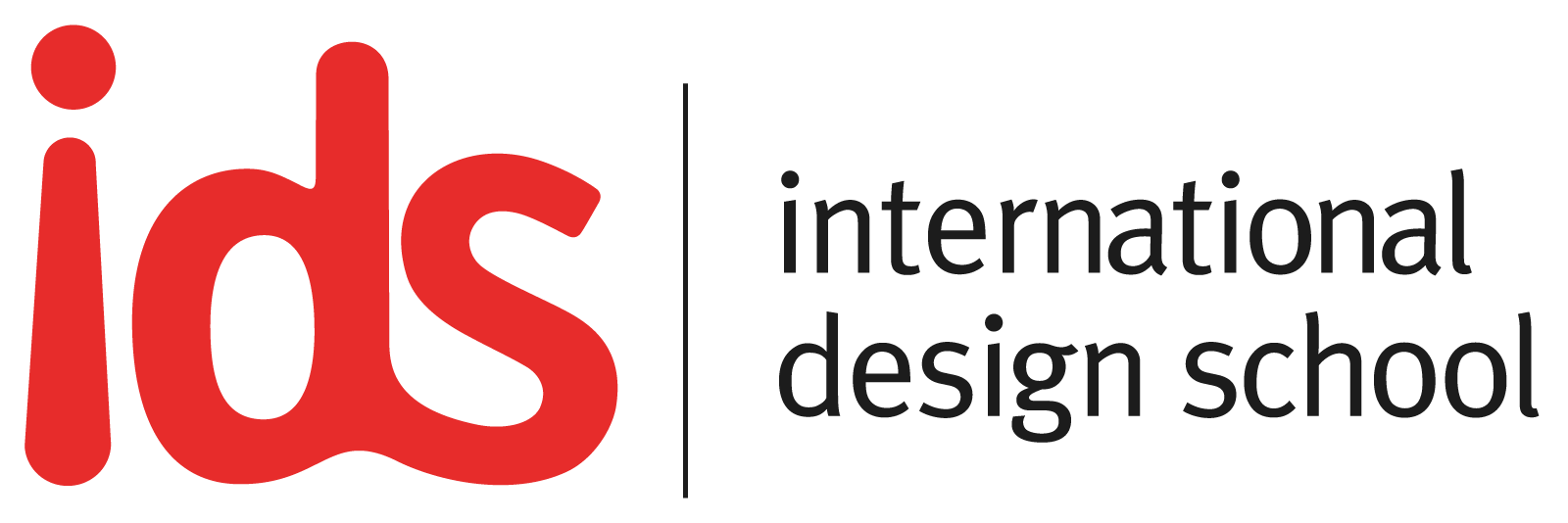Navigating People Analytics: Opportunities and Risks in HR Transformation in Indonesia

In the digital era, organizations are increasingly aware of the importance of data-driven decision-making in effectively managing human resources (HR). One increasingly popular approach is People Analytics or HR Analytics—a method of analyzing employee data aimed at improving organizational performance and efficiency. While offering great benefits, this approach also raises concerns about the dehumanization of labor, algorithmic bias, and implementation challenges in local contexts such as Indonesia.
This article discusses the benefits, risks, and how to optimally implement People Analytics in Indonesia by referring to two Harvard Business Review articles and a local study by Kiswantoro et al. (2023).
People Analytics: What Is It and Why Is It Important?
According to De Cremer and Stollberger (2022), People Analytics enables companies to make more objective decisions in recruiting, assessing, and retaining employees. The data used may include job performance, communication patterns, and even emotional sentiment through internal emails or social media. Meanwhile, Anderson et al. (2022) emphasize that People Analytics has the potential to build a more equitable workplace by identifying previously invisible gaps and discrimination.
In Indonesia, the use of HR Analytics is beginning to be adopted by large companies. According to Kiswantoro et al. (2023), the implementation of HR Analytics can improve recruitment efficiency, reduce employee attrition rates, and enhance career development planning. However, few companies have been able to fully optimize it.
Strategic Benefits of People Analytics
-
More Accurate Recruitment Candidate data analysis helps select the most suitable individuals based on personality, past performance, and cultural fit.
-
Employee Retention and Satisfaction By monitoring data related to employee satisfaction and social interactions, HR can take preventive actions to avoid burnout and resignations.
-
Evidence-Based Decision Making Instead of relying solely on intuition, HR decisions—from promotions to job placements—can now be data-driven.
-
Promoting Equity Anderson et al. (2022) demonstrate how analytics can identify pay gaps, gender bias, and unequal access to training opportunities.
Risks and Concerns: Is People Analytics Dehumanizing Employees?
Despite its many benefits, People Analytics also faces criticism. De Cremer and Stollberger (2022) warn that excessive use of data can erode the human side of working relationships. Some key ethical and practical challenges include:
-
Dehumanization and Alienation Employees may feel treated as numbers rather than individuals, potentially lowering motivation and engagement.
-
Algorithmic Bias Historical data may carry forward past biases and amplify inequality if not carefully managed.
-
Data Privacy and Security Tracking employee behavior and communication can infringe on privacy rights if not handled transparently.
Implementation Challenges in Indonesia
According to the study by Kiswantoro et al. (2023), there are several major barriers to HR Analytics adoption in Indonesia:
-
Lack of HR Competence Many HR professionals are not yet technically or statistically prepared to process and interpret data effectively.
-
Lack of Top Management Support Without commitment from top leadership, investment in systems and training often stalls.
-
Poor Data Management Employee data is often scattered, unstructured, or inconsistent, complicating analysis.
-
Compliance with Data Regulations Indonesia’s Personal Data Protection Law (UU PDP) requires companies to carefully manage employee data to avoid legal sanctions.
Case Studies: Google and Experian
Google successfully applied People Analytics through Project Oxygen, which identified 10 key characteristics of effective managers. The result was increased team satisfaction and productivity (Momin & Mishra, 2017).
Meanwhile, Experian used the Visier tool to reduce turnover rates by creating a more comfortable work environment. This shows that when used correctly, data can enhance employee well-being.
Recommendations: Building Ethical and Effective People Analytics
-
Build Data Competency Within HR Teams Basic statistics training, use of analytics dashboards, and understanding data ethics should be part of HR development programs in Indonesia.
-
Engage Stakeholders and Communicate Goals Being transparent with employees about what data is collected and why is key to building trust.
-
Use Data to Empower, Not Control Focus on creating value, improving employee well-being, and developing potential—not just efficiency or monitoring.
-
Comply with Local Regulations The implementation of People Analytics must always comply with the PDP Law and relevant data protection principles.
People Analytics is a strategic tool that, when used wisely, can bring positive transformation to HR and organizations. However, the risks of dehumanization and ethical violations must be anticipated through a transparent, fair, and inclusive approach. In Indonesia, the opportunity remains wide open, but it requires competency readiness, management support, and a strong data infrastructure.
With a balance between technology and human values, HR Analytics will not only improve business performance but also create a fairer and more humane workplace.
Want your HR team to be better prepared for data-driven digital transformation? Join the "HR Analytics for Business Impact" training from Training Indonesia and learn practical ways to process, interpret, and apply HR data for strategic and humane decision-making.
Visit training-indonesia.org for full details and registration!
References
-
Anderson, D., Bjarnadóttir, M. V., & Ross, D. G. (2022). Using People Analytics to Build an Equitable Workplace. Harvard Business Review. https://hbr.org/2022/01/using-people-analytics-to-build-an-equitable-workplace
-
De Cremer, D., & Stollberger, J. (2022). Are People Analytics Dehumanizing Your Employees? Harvard Business Review. https://hbr.org/2022/06/are-people-analytics-dehumanizing-your-employees
-
Kiswantoro, A., Susanto, D. R., Hikmawati, M. M., Rohman, N., & Pradini, G. (2023). Review Dampak dan Tantangan dalam Penerapan HR Analytics untuk Meningkatkan Performa Perusahaan. IDEAS: Jurnal Pendidikan, Sosial, dan Budaya, 9(4), 1103-1114. https://doi.org/10.32884/ideas.v9i4.1519
-
Photo by Tima Miroshnichenko: https://www.pexels.com/photo/man-in-black-suit-jacket-holding-ipad-7567561
Related News
EKONID Human Capital Club Explores Key Workforce and Engagement Trends for 2025
On July 25, 2025, The German-Indonesian Chamber of Industry and Commerce (AHK Indonesia/EKONID) hosted its latest Human Capital Club under the theme “Workforce Trends and Employee Engagement 2025”
EKONID Human Capital Club Kupas Tuntas Tren Keterlibatan Karyawan dan Strategi SDM 2025
Jakarta, 25 Juli 2025 – Kamar Dagang dan Industri Indonesia–Jerman (AHK Indonesia/EKONID) kembali menggelar Human Capital Club bertajuk “Workforce Trends and Employee Engagement 2025.
Indonesian HR Strategy to Optimize the Potential of AI in the Future Workplace
Artificial Intelligence (AI) is no longer merely an operational tool—it has become a transformational force in how organizations redesign work, develop talent, and create business value.
Strategi HR Indonesia Mengoptimalkan Potensi AI di Tempat Kerja Masa Depan
Artificial Intelligence (AI) bukan lagi sekadar alat bantu operasional, tetapi telah menjadi kekuatan transformasional dalam cara organisasi mendesain ulang pekerjaan
Menavigasi People Analytics: Peluang dan Risiko dalam Transformasi HR di Indonesia
Di era digital, organisasi semakin menyadari pentingnya pengambilan keputusan berbasis data untuk mengelola sumber daya manusia (SDM) secara efektif. Salah satu pendekatan yang kini populer adalah Peo
